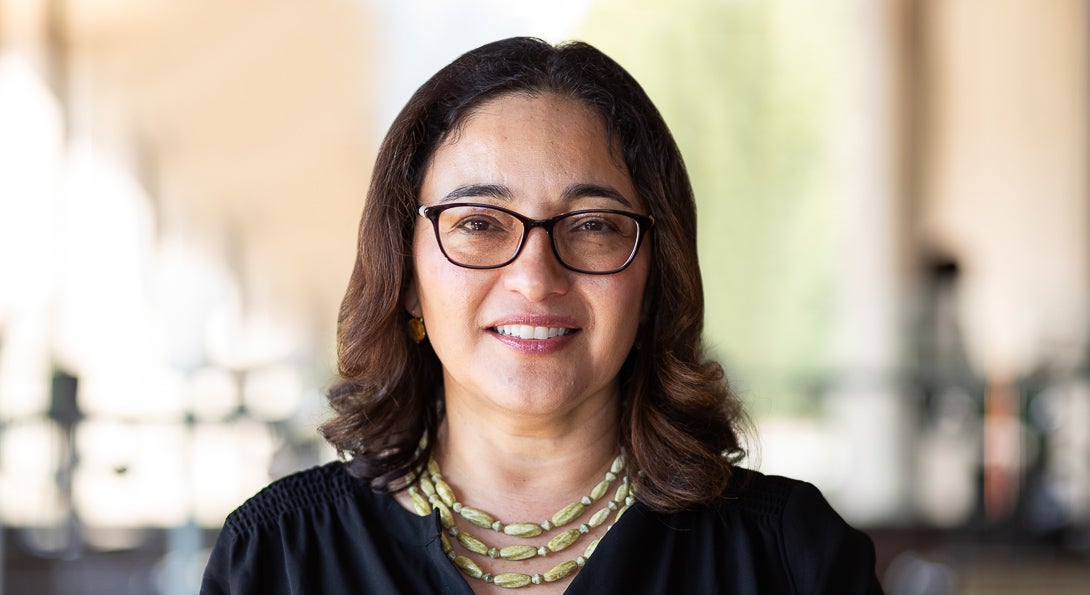How Chicago Shaped this Historian’s Unique Teaching Style

Interview with Lilia Fernandez
Name: Lilia Fernandez
Title: Professor
Department: History, Affiliate Faculty of Latin American and Latino Studies Department
Tell me a little bit about your history at UIC/LAS?
I came to UIC in Fall of 2022. I was delighted to join such a vibrant and diverse community full of so many talented and ambitious students on their educational journeys.
What role does research and furthering your own education play in your career?
Part of my job as a professor is to engage in research. As a historian, I am most interested in Chicago’s past and that of its people. Having grown up in the city, I witnessed dramatic economic inequalities all around me in the 1970s and 1980s and was always curious about them. Why was there such vast wealth but also such crippling poverty in different parts of the city? Why did neighborhoods form as they did? What power did people have to change their circumstances? In my research I seek to study and analyze the city’s history throughout the twentieth century to better understand the experiences of ordinary people, especially working-class Latinos.
What interests you about Liberal Arts and Sciences?
Liberal Arts and Sciences is an exciting college in which to obtain a well-rounded, broad-based education that can serve students well no matter their career path. I appreciate engaging with colleagues in other disciplines, teaching students from across the college, and learning from one another.
How do you prepare students for their future careers?
Since so many UIC students are first-generation college students, from working class or immigrant families, I feel my obligation as an educator is to give them a solid foundation in critical thinking, writing, and analytical skills to help them navigate the world. Regardless of the future career path they choose, those basic skills will serve them well going forward in any profession.
What do you hope your students will get out of an LAS degree?
My hope is that students get a well-rounded, multi-disciplinary foundation in important basic skills—critical thinking, analysis, and writing.
Can you talk more about your interest in oral histories?
Oral histories are a critical part of understanding the past. Throughout human history, many cultures and societies relied upon the oral tradition to transmit stories about the past from one generation to the next. This was how each new generation learned their heritage and carried it forward. The academic discipline of history, however, depends primarily on written records, especially those produced by government officials, those in power, or those with resources. Those records reflect the perspectives or experiences of only some segments of society. Oral history gives us the opportunity to let ordinary people tell their stories, to gain their insights, and to broaden the “official” record of the past by including their voices. In my work, oral histories are essential to capturing more of the past than written records can provide.
Advice for new students?
Explore and learn all that you can! Be curious about the world around you and consider multiple options for your career path. There is so much we need to do to make this world a better place, and we need ambitious, dedicated young people to do it.